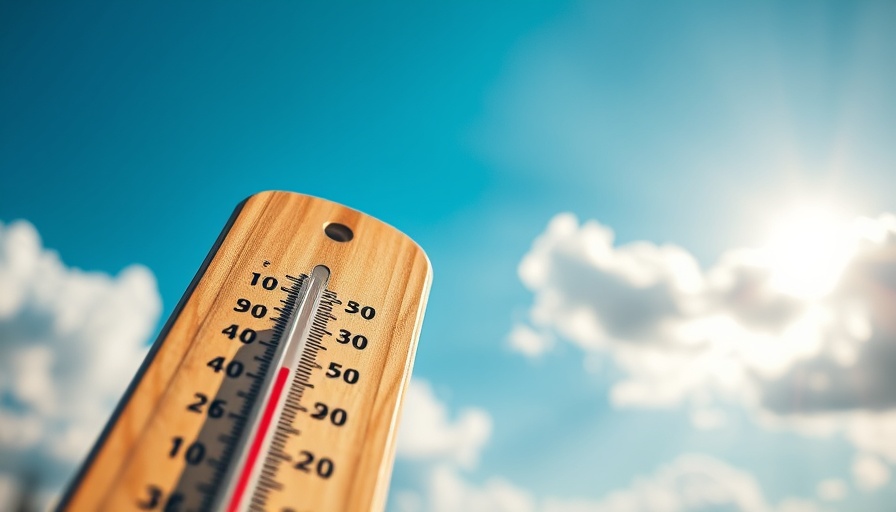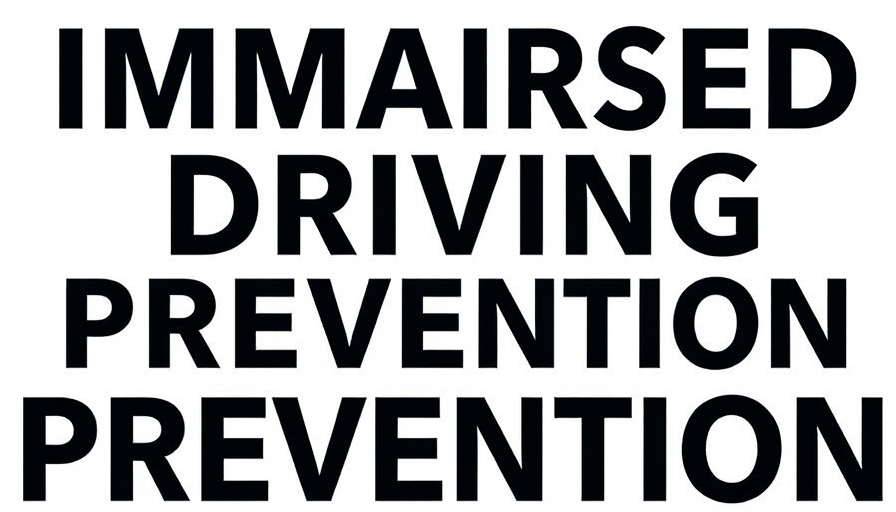
Understanding Monsoon Season in Arizona
As the Arizona monsoon season unfolds from June 15 to September 30, residents should remain vigilant about the unique weather hazards accompanying this time of year. While the rains provide a much-anticipated respite from the summer's heat, they also bring challenges that require preparation and awareness.
How Monsoon Weather Affects Public Health
The interplay of increased humidity and severe weather conditions can lead to various health concerns. It's crucial for every Arizonan to be familiar with these risks to safeguard their health and well-being during the rainy season.
Heat-Related Illnesses: A Dual Concern
Despite the occasional rainfall, extreme heat can still plague the region. It's essential to continue to prioritize heat safety. Staying hydrated, seeking air-conditioned spaces, and limiting outdoor activities during peak heat hours are vital practices to prevent heat-related illnesses.
Respiratory Risks: Haboobs and Air Quality
Dust storms, known locally as haboobs, can drastically reduce visibility and degrade air quality, causing respiratory conditions to flare up. Individuals with asthma, bronchitis, or other respiratory conditions must limit outdoor activities during these dusty events and consider wearing face masks to minimize inhalation of harmful particles.
Mosquito-Borne Illnesses: Standing Water Dangers
With rains frequently leaving behind puddles, these stagnant waters become breeding grounds for mosquitoes. Illnesses such as West Nile virus pose serious health risks. To combat this, residents should proactively drain standing water around their homes, utilize insect repellent when outdoors, and ensure their screens on windows and doors are intact.
Flash Flooding Awareness: Safety First
Arizona's dry, rocky terrain doesn’t absorb rainfall efficiently, leading to swift and often unexpected flash floods. Only six inches of moving water can knock an adult down, and a foot can sweep away vehicles. The mantra is clear: "Turn Around, Don’t Drown!" Driving through flooded areas can have fatal consequences. Always heed flood warnings and road closures.
Preparing for Power Outages
Power outages may become more frequent during monsoon storms. Residents should refrain from opening refrigerators or freezers unnecessarily and should dispose of perishable items if the power is out for more than four hours. In cases of flooding, ensure water safety by using bottled water or disinfecting any potentially unsafe water sources.
Food Safety: Avoiding Contamination
Food safety practices become even more critical during monsoon season. Avoid eating any food that has been left out at room temperature for over two hours or has an unusual appearance. Additionally, floodwaters can contain contaminants that pose significant health risks, so washing hands with clean water or hand sanitizer and avoiding food and water that may have come into contact with floodwaters is essential.
Final Thoughts: Stay Informed and Prepared
With the ongoing monsoon season, it's crucial for all Arizonans to be informed about the potential health threats and prepare accordingly. Implementing safety measures can significantly reduce health risks and ensure a safer experience during this unique season.
 Add Row
Add Row  Add
Add 




Write A Comment